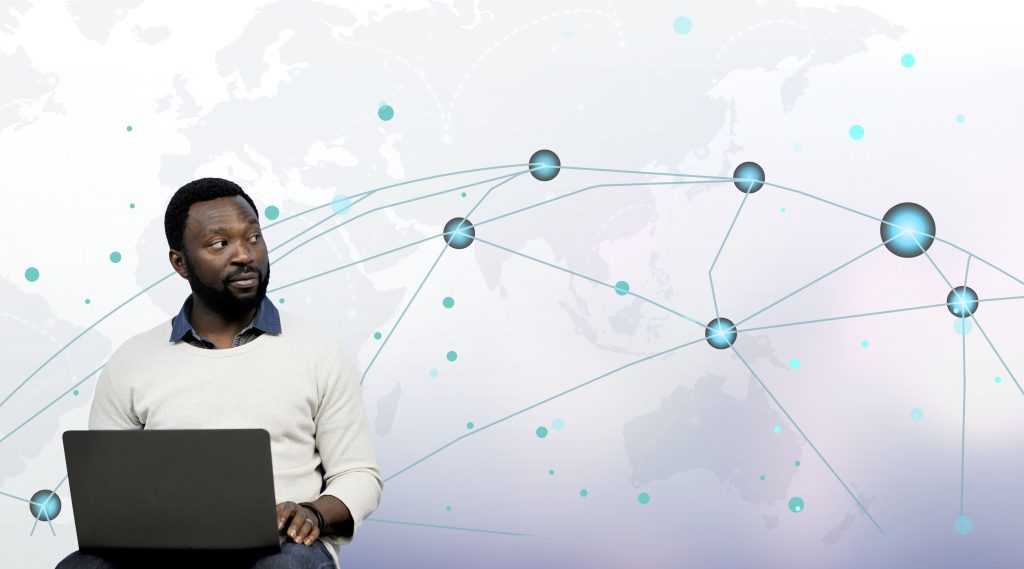
For growing African businesses, one major challenge stands out: how do you build a strong, consistent HR culture when teams are spread across multiple countries, languages, work habits, and levels of HR maturity? How do you harmonize talent management between Dakar, Abidjan, Douala, or Paris—without falling into standardization or top-down cultural models?
The first key is clarity. A pan-African HR culture must be built around clear, shared values. What do we expect from a manager? From a team member? From a recruitment process or a feedback conversation? These principles must be defined, communicated, and embodied across all locations.
The second key is adaptation. It’s not about imposing a one-size-fits-all approach, but about translating shared values into local realities. What works in Conakry may not work in Casablanca. Local listening, co-creation with regional HR leads, and respect for social norms are essential.
Lastly, consistency comes through rituals: onboarding, performance reviews, recognition, internal communication. These moments should be structured to create a unified employee experience—while leaving room for cultural diversity and nuance.
At Talent2Africa, we help companies embed their HR culture within a pan-African logic—one that is ambitious, consistent, and inclusive.
Learn more by reaching out to us at: contact@talent2africa.com









